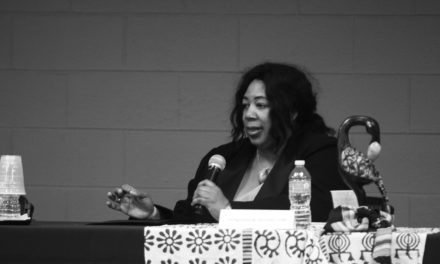N.C. Legal Aid Describes Wake County Schools as “Prison Pipeline”
From as far back as 30 years ago, the practice of suspending students from school has been coming under fire. According to the Wake County Public Schools Code of Conduct “Schools must be safe and orderly, students must be given clear expectations for appropriate behavior in school and fair practices for disciplining students must be followed,” however, in reality students who are excluded from class are more likely to experience far more negative outcomes than the ones described by supporters of the practice. The American Psychological Association has found that these students exhibit a higher risk of obtaining more suspensions, being retained from school, dropping out and eventually becoming involved in the criminal justice system.
One parent who spoke out in the Legal Aid’s report described her son’s experience upon being suspended: “It has been a constant battle to keep him on track… It felt like Wake County just gave up on my son and his education when he was suspended.” He learned nothing while he was placed at Infinity [Alternative Online Schooling Center]. They sat him in front of a computer for a couple hours a day and let him waste his time playing on the Internet. No one helped him or supported him. As a result, he was incredibly far behind his peers academically when he tried to go back to school this year. Being behind and not understanding the work makes him frustrated, and the more frustrated he gets the more he just shuts down.”
Legal Aid also found that students who are Black, from a low-income family, or those with disabilities are far more likely to receive a suspension from school than their White comrades. Black students were almost seven times more likely than White students to receive a suspension. Last year, Black students made up 24 percent of the total student population, but received over 60 percent of suspensions while in stark comparison, only 2.5 percent of White students reported having received at least one suspension.
Despite the serious lashing the Legal Aid placed on WCPSS, the report did offer some hope as to improvements that could be made to remedy the situation, while taking into account WCPSS’ serious budget issues the past few years. These changes include adding additional school counselors and psychologists to the school personnel and through the utilization of more alternative programs and methods rather than looking to suspensions as the first resort instead, of as the last resort.


